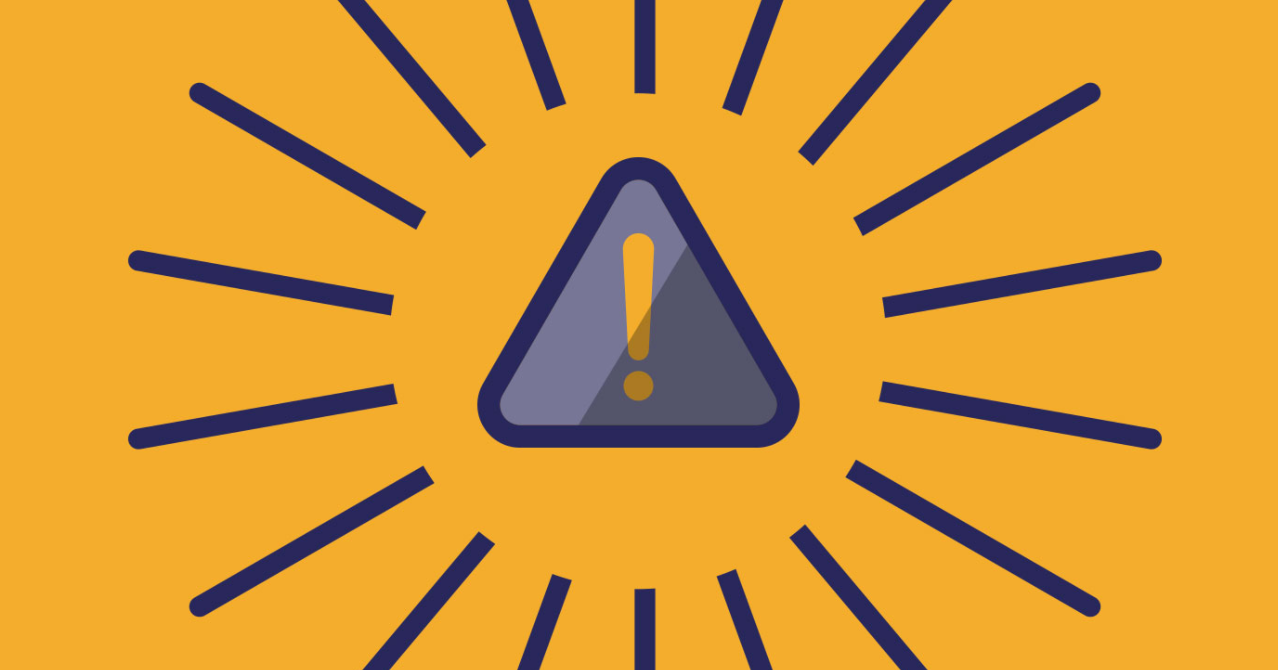Blogs
How to Master Audience Engagement When You Present | Duarte
On the importance of introductions from a presentation guru.
If you want to engage your audience in a presentation, you have a little less than 9 seconds to make it happen. Recent studies show that the average human attention span is 8.25 seconds—if you don’t get listeners engaged that quickly, there’s a good chance you’ll lose their focus to their phone, laptop, reading materials, daydreams, etc.
Suffering Opens a Door for the Gospel | Desiring God
“It’s illegal to share the gospel of Jesus Christ to Muslims in Tehran, Iran. So when I think of gutsy women I think of Maryam Rostampour and Marziyeh Amirizadeh.”
Opportunity amid Secularism by Collin Hansen
“The rise of the nones and secularism, along with the decline of the mushy middle, poses a challenge that many American evangelicals have never before faced. In a culture that broadly reinforced Christian values, purity did not need to distinguish the church. And if we didn’t think of ourselves as outsiders to the culture, we didn’t need to reflect on how our dignified behavior would set us apart, either.”
Chasing Contentment: Trusting God in a Discontented Age | TGC
Erik Raymond fills in the backstory to his book Chasing Contentment: Trusting God in a Discontented Age:
The story for this book was painfully sweet and stitched to my soul. A couple of years ago I was enduring a particularly difficult season. It seemed as though God had allowed affliction to hover like a rain cloud over my life. Pastoral ministry was especially trying even as I encountered a number of new health problems. This, along with the regular stiff headwind of living in a fallen world, had me weary. But I was more than weary. I was restless. And, upon further review, I was discontent”
Here’s my commendation of Erik’s book:
“Does any word better define our culture than ‘chasing’? Does any word better describe what’s missing in our culture than ‘contentment’? By pairing these seemingly contradictory words, Erik calls us to end our pursuit of more and to begin our pursuit of enough. Read this engaging and enjoyable exploration of Christian contentment and decide, as I did, that this chase is well worth the effort.”
You Cannot Raise Snowflakes in Jesus’ Name
An excellent word to snowflakes and their parents from David Prince:
A mildly teased child is not a victim, but rather a human being learning how to interact with other humans in a sinful world.
An FAQ on The Collected Works of John Piper (3 Million Words over 13 volumes + an Index Volume)
Required reading for anyone who wants to fully understand the rise of New Calvinism.
To read all of Piper’s published writings individually would require the acquisition of more than one hundred volumes, along with tracking down dozens of older articles and reviews in obscure publications. By editing, assembling, and standardizing these volumes in one definitive set, we hope to provide convenient access to the work of a proven and trustworthy teacher. We also hope that the hundreds of pages of indices—tracking every Scripture passage, author cited, and subject matter—will be a helpful too for preachers and all students of God’s Word.
Violent Peace | Gentle Reformation
“Peacekeepers often demand silence. They will ask you to act (pretend) like everything is okay. They will change subjects, misdirect conversation, formulate incoherent narratives. They will sometimes make ungodly compromises to keep the illusion of peace. Peacekeepers are self-protective instead of other-protective. Peacemakers will fight for truth. They will disrupt. They will say what is uncomfortable, what may cause friction and even pain if it seeks that which is just and right in God’s eyes. And they will often be vilified and labeled as trouble-makers.”
Kindle Books
The Money Answer Book: Quick Answers to Everyday Financial Questions by Dave Ramsey $1.99.
The Story of Reality: How the World Began, How It Ends, and Everything Important that Happens in Between by Gregory Koukl $3.99.
Faith Alone—The Doctrine of Justification: What the Reformers Taught…and Why It Still Matters by Tom Scheiner $3.99.








